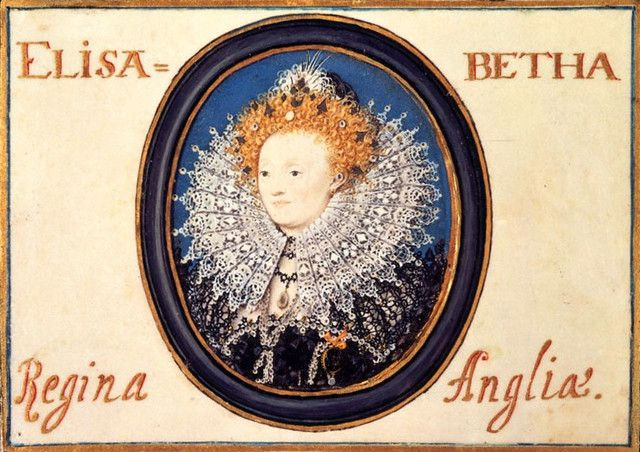
Numerous scholars have theorized on the kind of relationship that Queen Elizabeth I and William Shakespeare had — be it personal or professional. Some proposed Shakespeare to be her illegitimate child, while others point to her being Shakespeare’s patron. However, it still comes down to this question: did the two have any kind of relationship at all?
Shakespeare’s Childhood
The theory of Shakespeare being Queen Elizabeth I’s lovechild stems from speculations that Shakespeare is, in fact, Edward de Vere, the 17th Earl of Oxford and a well-renowned poet and playwright by his own right. Academic Shakespeareans deny this heavily, pointing to all evidence as hearsay and unconfirmed rumors.
However, based on what is currently known in history, it is highly probable that as a child, the young Shakespeare could have seen Queen Elizabeth in 1575, when she visited Kenilworth Castle. As the young boy’s father was a dignitary, he would be invited to festivities, possibly bringing him along.
Shakespeare’s Troupe
The Lord Chamberlain’s Men, Shakespeare’s troupe, for whom he had written, was brought to fame in the 1590s. The troupe was supposedly paid 20 pounds for two comedies performed for the Queen in 1595, while in 1598, the title of a printed edition of “Love’s Labour’s Lost” indicated that the play was performed in front of the Queen on Christmas of the previous year.
It is highly unlikely, however, that the Queen had funded Shakespeare’s troupe. Although Lord Chamberlain Henry Carey had legitimized the group, the Queen didn’t actively fund it. Instead, she enjoyed and supported the troupe with her presence.
Queen Elizabeth I had, in fact, established her own theater company, The Queen’s Men. It was the prime competitor of the Lord Chamberlain’s Men upon its establishment in the late sixteenth century.
Evidence Of A Relationship
With all these facts coined, it is highly plausible that the two were acquainted and even spoke to each other. Despite that, it appears that the relationship was platonic, bordering on formality. It is evident that the two had known each other or even crossed paths, but to say that the two had been friends would be a stretch.
Despite rumors of the two being at odds, the court had Shakespeare’s troupe perform six times in the winter of 1602. This in itself speaks volumes, that in spite of not possibly being friends, there was a great sense of respect for one another.
© 2025 Latin Times. All rights reserved. Do not reproduce without permission.




